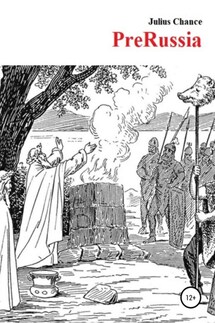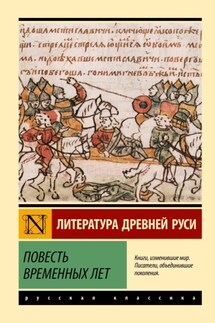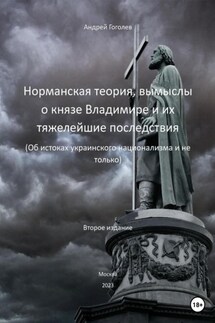PreRussia - страница 2
Thus, long before the advent of Rurik the Russian state had already been establishing diplomatic and trade missions with the neighboring countries. The material collected by several generations of individual Russian scientists indicates that the age of Russian statehood is about the same as that of Ancient Rome and Ancient Greece. Although this point of view has not yet been officially recognized, it is gaining more and more supporters among scientists over time.
Mikhail Vasilyevich Lomonosov, in his work "Ancient Russian History from the beginning of the Russian people to the death of Grand Duke Yaroslav the First or until 1054," was resolutely against the "Norman" theory and wrote "about the distant antiquity of the Slavic people." Here is a quote from the 6th volume of his complete works (Moscow, Leningrad, 1952).
"At the beginning of the sixth century after Christ, the Slavic name became very famous; and the power of this people was not only terrible in Thrace, Macedonia, Istria and Dalmatia, but also contributed very much to the destruction of the Roman Empire. The Vends and Ants, uniting with their kindred Slavs, multiplied their strength. The unity of these peoples is not only shown by the current similarity in languages, but is also testified twelve hundred years ago by Iornand, who left the message that "from the beginning of the Vistula River to the north, there are populous Vendian peoples living in an immeasurable space, whose names, although different for different generations and places, but the Slavs and Ants are generally called." He also adds that from the Vistula they extend to the Danube and to the Black Sea. Before him, Ptolemy in the second century by Christ places the Vendians near the entire Vendian Bay named after them, that is, near the Finnish and Kurland bays. This author, moreover, let us know that Sarmatia was taken over by the great Vendian peoples. And Pliny also testifies that in his time the Vendians and Sarmatians lived near the Vistula… So, the Slavic-polish people justly call themselves Sarmatian; and I will not hesitate to conclude with Kromer that the Slavs and the Vendians in general are ancient Sarmatians… About antiquity [of the Slavs, – translator’s remark] we have a satisfied and almost obvious assurance in the greatness and power of the Slavic tribe, which has been standing on almost one measure for more than a thousand and a half years; and it is impossible to imagine that in the first century after Christ, it suddenly multiplied to such a great multitude..".
"In Southern Europe, the antiquity and power of the Slavs is evident from Herodotus, who Venedov and the Illyrians regard as one people and describe their habits, similar to those of the Medes [Euterpia, p. 36; Terpsichore, p. 128], which confirms the unity shown above. The antiquity of the Illyrians extends to fabulous centuries; the strength of their military dealings with the Greeks and Romans is known."
"Campaigns from the north of the Goths, Vandals and Lombards serve a lot to prove the multiplication of Slavic power. For although I separate them fairly from the Slavic generations, however, I have good reasons to assert that Slavs made up a considerable part of their armies; and not only ordinary, but also the main leaders were of Slavic breed. So, now it is quite clear how great the Slavic tribe was already in the first centuries after the Birth of Christ."






